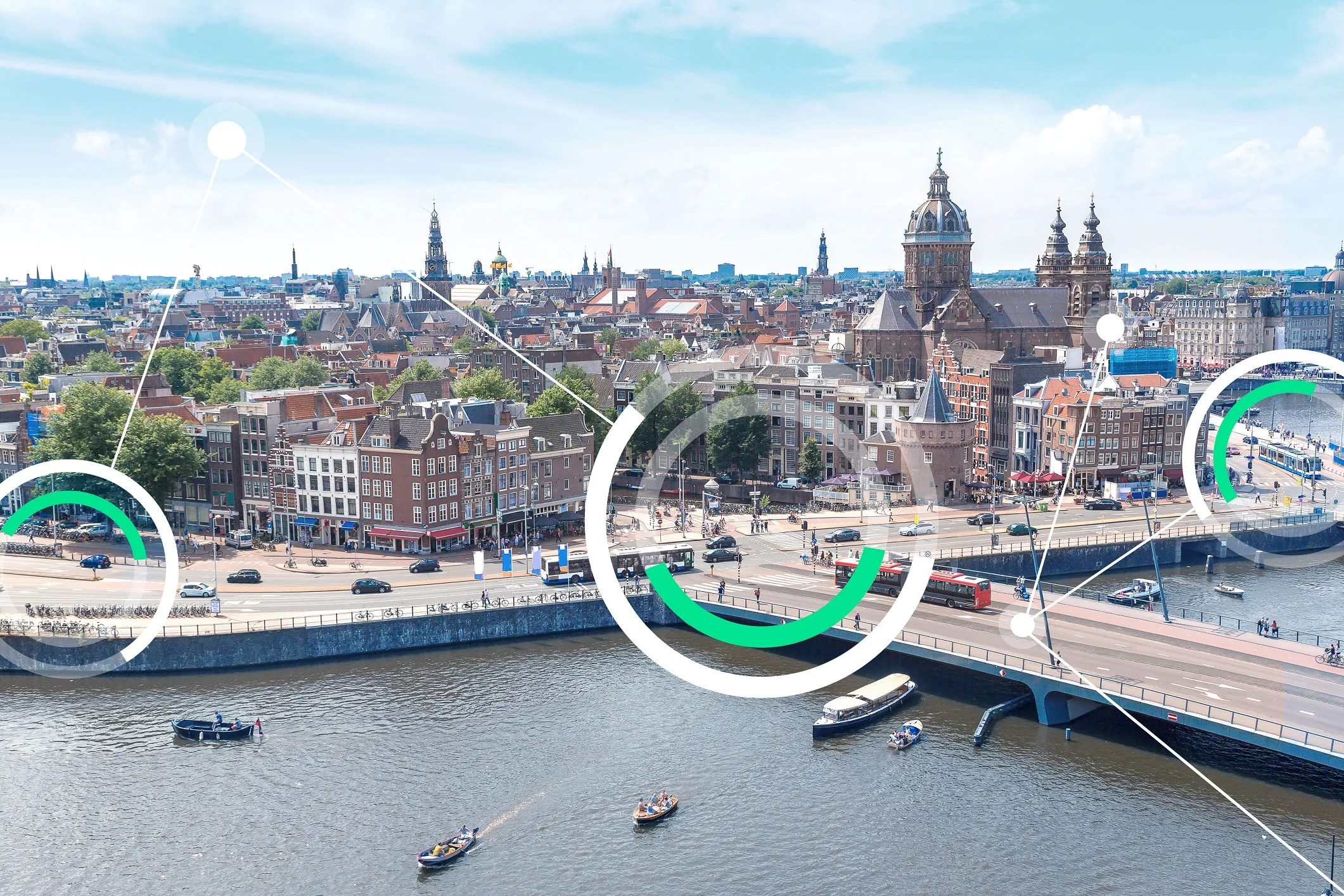Discovered by researchers at Politecnico di Milano, Linklayer Labs and Trend Micro’s Forward-looking Threat Research (FTR) team, the hack is said to be currently indefensible by modern car security technology and to completely resolve it would require broad, sweeping changes in standards and the ways in-vehicle networks and devices are made. Realistically, it would take an entire generation of vehicles for such a vulnerability to be resolved, not just a recall or an OTA (on-the-air) upgrade.
The researchers say it abuses the Controller Area Network, or CAN, network protocol that connects all in-vehicle equipment, parking sensors, airbag, active safety system and infotainment systems and allows them to communicate. The standard for this network is called a Controller Area Network, or CAN.
Trend Micro’s online blog says, “It’s not the car manufacturers’ fault, and it’s not a problem introduced by them. The security issue that we leveraged in our research lies in the standard that specifies how the car device network (i.e., CAN) works. Car manufacturers can only mitigate the attack we demonstrated by adopting specific network countermeasures, but cannot eliminate it entirely. To eliminate the risk entirely, an updated CAN standard should be proposed, adopted, and implemented. This whole process would likely require another generation of vehicles.”
David Barzilai, co-founder and chairman, automotive cyber-security firm
However, he says, In order to remotely launch Denial of Service (DoS) CAN attacks, a hacker must compromise an externally-connected electronic control unit (ECU) and interfere with its factory settings. Such interference enables the hackers to start sending CAN messages that generate errors leading to a device DoS.
“Instead of changing the legacy CAN protocol in all cars that use it (practically all vehicles), the industry should harden the externally-connected ECUs according to their factory settings, to prevent any unauthorised change to the ECU. Blocking such changes enables the industry to prevent cyber-attacks, including the DoS attack that Trend Micro reported on.”
Trend Micro discovers 'indefensible' car security/CAN standard flaw
Trend Micro claims to have discovered a hack is found that is not only successful in being able to drastically affect the performance and function of the car, but is also stealthy and vendor neutral.
Discovered by researchers at Politecnico di Milano, Linklayer Labs and Trend Micro’s Forward-looking Threat Research (FTR) team, the hack is said to be currently indefensible by modern car security technology and to completely resolve it would require broad, sweeping changes in standards and the ways in-vehi
August 18, 2017
Read time: 3 mins
Trend Micro claims to have discovered a hack is found that is not only successful in being able to drastically affect the performance and function of the car, but is also stealthy and vendor neutral.








